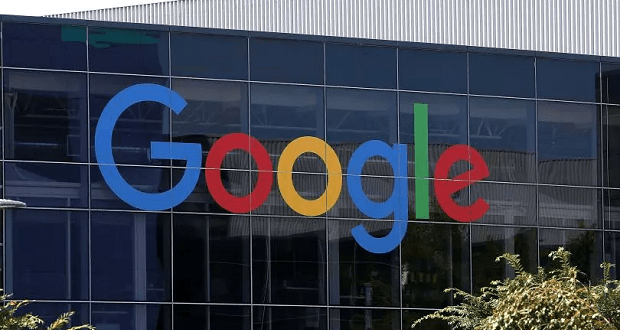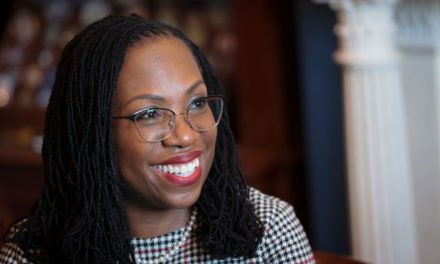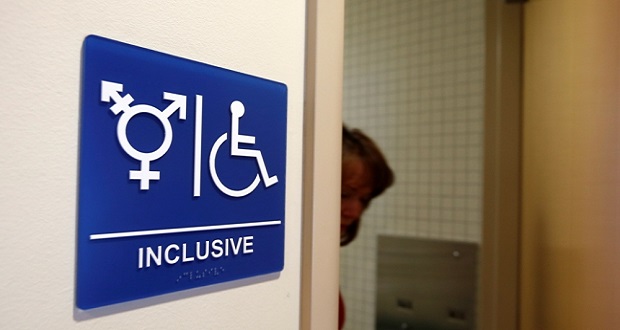
When you read the title, I hope you heard a little voice in your head talking to a Google product, saying “OK Google” to prompt it to do what it is you’re requesting on your mobile device.
What am I requesting? I want tech companies, like Google, to start telling the truth…the real truth. Now what do I mean, specifically, when I ask Google to tell the truth? I’ll get to that momentarily.
Now, I’m not, by far, the first to write an article about diversity issues in the tech industry or even, specifically about the Google/Howard University partnership that was recently announced. However, what may be different is that, not only have I interned in the tech industry (with Google) while attending an HBCU (Howard), but I also currently work in diversity and inclusion full time. Although I interned at Google, I’m not sharing any insider information about it. Also, as mentioned in my bio below, nothing I write for this blog reflects my company’s views…just my own. So here comes my unpopular opinion.
I want more from Google: the sharing of a deeper truth that leads to real accountability for achieving (non-mediocre) results in diversity.
I don’t want to take away from the positivity that is “Howard West,” a summer residency at Google for rising juniors and seniors enrolled in Howard University’s computer science program. Providing additional opportunities for racial/ethnic minority students to gain exposure at companies like Google is a great thing. And, remember, I interned at Google and went to Howard, so I’m not throwing shade on either place. Nonetheless, I believe the announcement of the partnership has created a greater opportunity for much needed dialogue.
Here are the main points I’d like to discuss:
- The “pipeline problem” as an end-all-be-all scapegoat
- Biases in the creation of targeted school lists
- Opportunities to do better
First of all, Google (along with most other tech giants) seems to always resort to blaming their lack of diversity on “the pipeline.” Now they’re not lying, per se, because the pool of black/Hispanic students studying computer science isn’t very large. However, it’s kind of like if you ask your significant other where he/she/they have been and they answer “at the gym,” knowing that the they also stopped by an ex’s house…it may be true, but it’s not telling the whole story. According to the Census Bureau, the percentage of black people who have obtained Bachelor degrees or higher is around 22.5 percent, yet only 4 percent of black people are in non-tech roles at Google. Similarly, around 15.5 percent of Hispanics have obtained Bachelor degrees, yet they make up only 5 percent of non-tech roles at Google….solely a pipeline problem? I think not.
Secondly, the selection of target schools is often filled with biases. Instead of schools being selected based on merit, rankings, and more quantifiable criteria, they are often selected because leaders who are important to the company attended that institution. Now, as a Howard alumna, I’m glad that the Howard West program was launched. This isn’t the first-time Google has piloted a program with Howard; they launched the Googler-in-Residence Program in 2013. Another article asked why Howard was selected, versus a school that has a more highly ranked computer science program. I’m sure that having Howard alumni, such as Bonita Stewart, in influential positions is definitely a factor. Again, there’s nothing wrong with Google partnering with Howard; it’s a good thing. But let’s not forget that it’s hard to get students into the company from non-target schools. That said, companies, like Google, need to take a long, hard look at how their lists have been compiled. Google, per its website, has recently expanded the list of schools from which it recruits—which is awesome. They just haven’t acknowledged the role biases may have played in the process. I get it, though—at least they’re making a step toward change, which leads me to my final point.
The amount of intense conversation about diversity in the tech industry that the Howard West announcement caused will be useless without real change. Real change comes from being honest about the root, systemic causes of diversity issues within the tech industry. Companies shouldn’t get comfortable with just blaming their diversity problems on the pipeline of students studying computer science. Instead, they should really take a deeper look into specific processes and practices. Improving recruiting efforts (through partnerships with HBCUs, expanding the target schools list, etc.) is just a start.
Inclusion issues are extremely prevalent and lead to serious attrition in the tech industry. For example, Google is quick to tell us that 4 percent of its new hires were black and 5 percent of them Hispanic in 2015…but what we don’t know is what their attrition rates are…again, a case of partial truths. Let’s just say they are making great strides in recruiting, and bringing in more and more underrepresented minorities. What about their attrition rates? What if they are high? In sum, it just becomes a cycle of bringing ‘them’ in and replacing them (which, by the way, doesn’t help increase representation at and promotions into leadership positions). If this is the case, then Google is really nowhere close to truly improving the company’s diversity all around. If you ask me, the company’s inclusion efforts so far seem to be surface level at best. But that’s a post in and of itself, so I won’t go into that.
Ultimately, I applaud Google’s efforts. There is a lot of room for improvement, however, so I hope that the very valuable company (now #1 at a $109 billion valuation) truly recognizes it has only made the initial steps toward increasing its diversity and fostering inclusion, and others follow suit. Transparency, internally and externally, will go a long way to hold the company accountable for really turning its initiatives into sustainable results.
OK Google (and others)…step up.


















